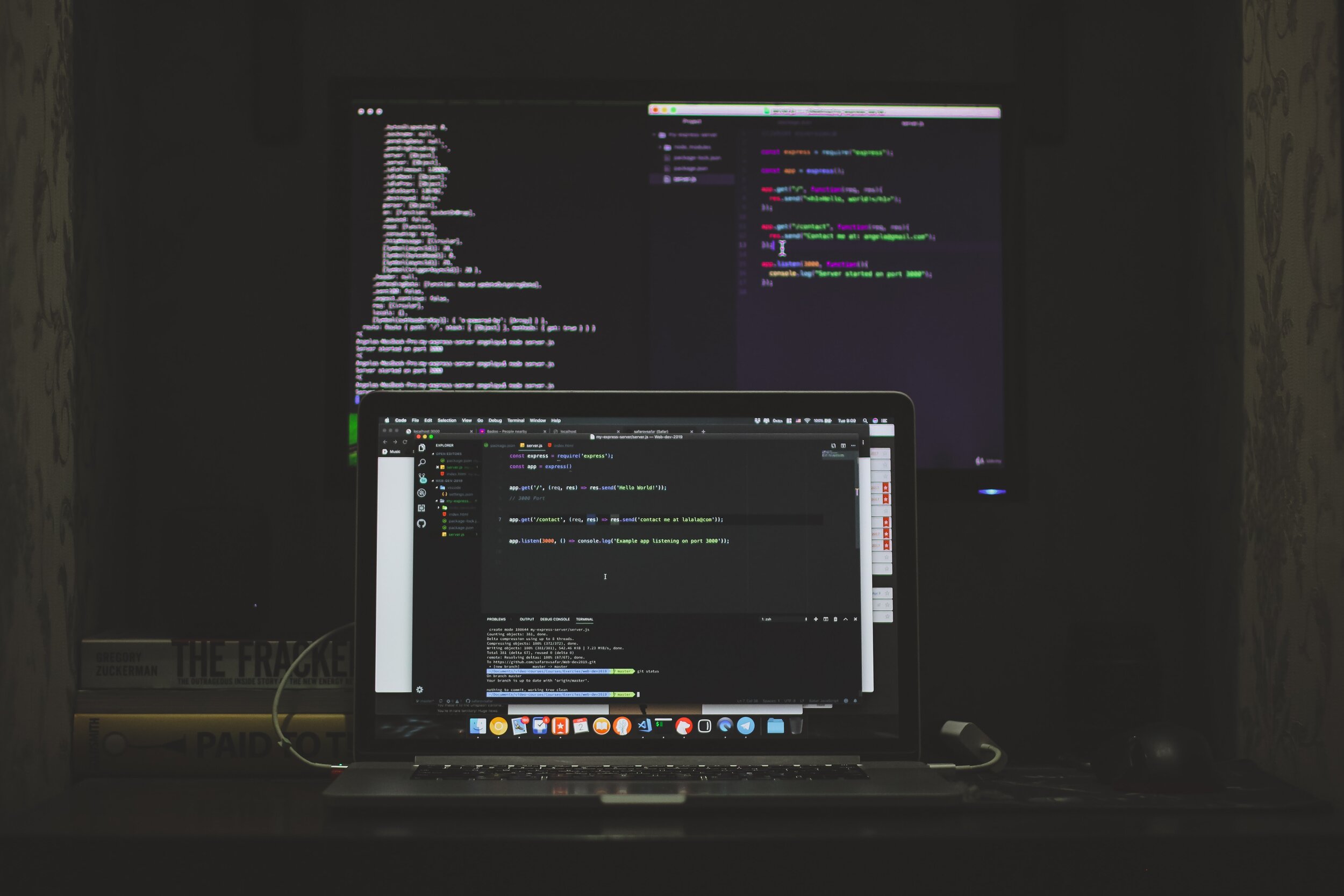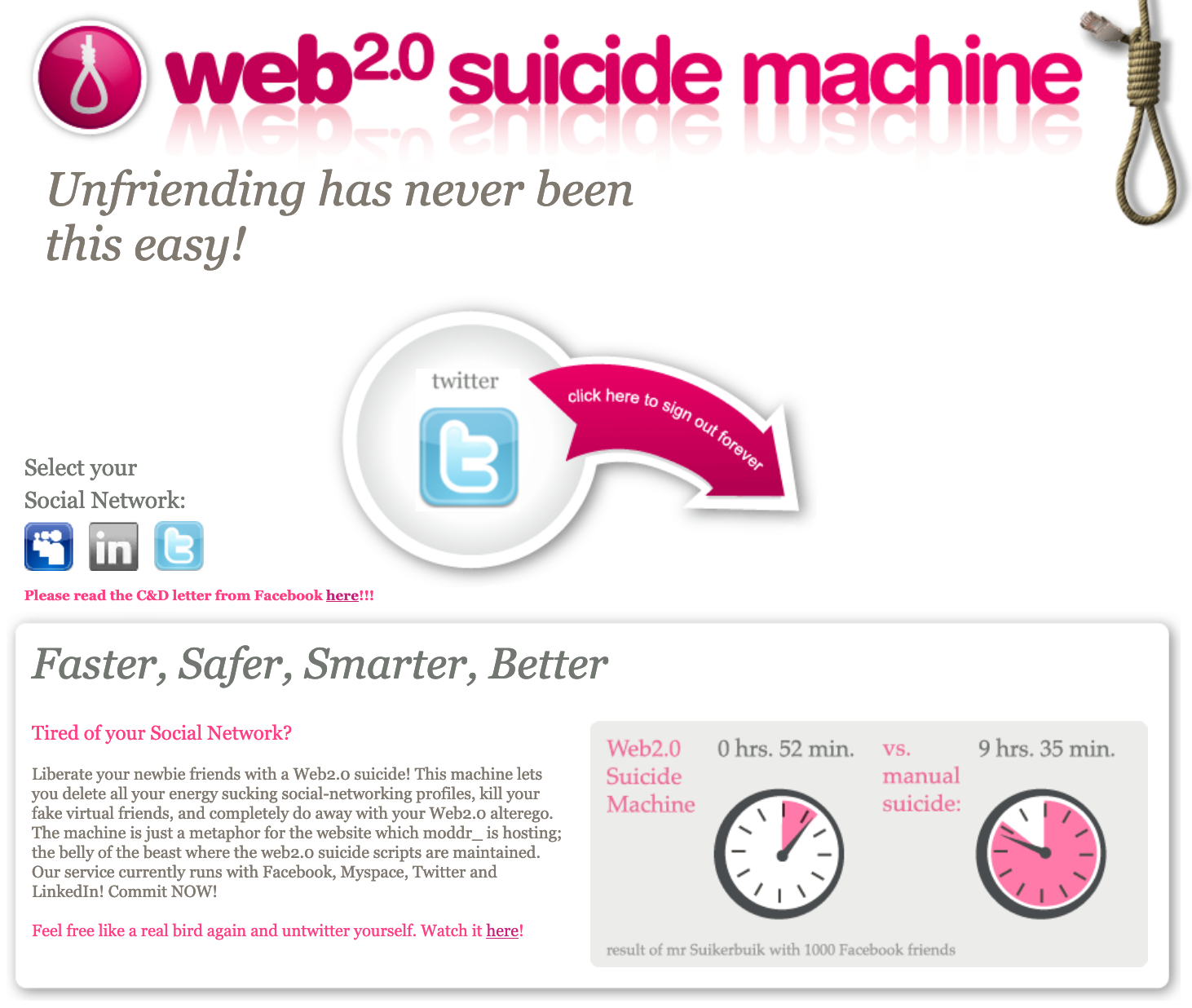How can art help us to regain control of our digital selves?
In the last couple of months, people worldwide have witnessed their lives abruptly moving to the digital realm. The ‘real world’ that phone-addicted teenagers were previously missing out on has, essentially, disappeared and pushed us to our screens for work, entertainment and socialising. Our online selves have become our ambassadors, going on virtual dates, attending Zoom weddings and funerals and visiting museums. The quarantine turned our reality into a matrix of mediated experiences reaching out to moments of utmost intimacy. Data traffic has seen such a steep increase that it made people wonder what would happen if the internet broke as well as to take precautionary measures. Netflix cut its streaming quality in Europe for thirty days after meeting with EU officials as a result.
In spite of this, it would be unjust to light-heartedly dismiss the reinforcement of our digital presence as a mere by-product of the quarantine, which is here only temporarily. Our online identities were already largely a part of our sense of self before. But with the pandemic accelerating the process of personal digitalisation, it is essential to consider what shapes and defines our digital selves and how can we retake control.
Photo by Safar Safarov on Unsplash
Taking charge of your online presence and personal data
Our digital selves are much more straightforward, braver and bold than our actual selves. It is easier to research an embarrassing health condition on WebMD than to make an appointment with your family doctor, ask someone out on What’s App than face your fear of being rejected in person, succumb to a gaming addiction playing online poker than going to a casino. Confessing to a toolbar makes it feel a little less real through an illusion of detachment but also more private, meant to remain between you and your device.
Yet we know that our consumption patterns and digital behaviour are constantly tracked by companies and governments, who then generate, categorise and define our online personas and project them back to us, thereby inducing a feedback loop, which affects our sense of self in a very tangible way. Taking control of this process by appropriation may provide us with a sense of self-governance.
(c) Jennifer Lyn Morone, website screenshot
Take Jennifer Lyn Morone, a London-based artist who, pre-empting the inevitable digital monetisation via data mining, turned herself into a registered company that sells her personal data packages, such as demographic background, finances or health. By turning herself into a resource and internalising the process of commodification, Morone took matters into her own hands.
Focusing on the idea of seeming online intimacy and privacy, in their performance For Internet Use Only, Eva and Franco Mattes remotely shared their computer desktop with anyone in the audience. Mundane yet very personal tasks, such as checking email, surfing the web, watching videos, logging into social media accounts, were subjected to spectatorship and scrutiny. An experiment on over-sharing could be seen as a useful exercise in getting used to being watched and tracked - a process, integral to our online presence.
For Internet Use Only by Eva and Franco Mattes, (c) The Artists, image link
Evaluating ready-made answers
Misinformation has become synonymous with the pandemic, or, as it came to be known as, ‘infodemic’. As with every historic-moment-to-be, the internet exploded with self-proclaimed experts as well as, unfortunately, professionals offering wrongful advice on the cure, prevention and cause of the coronavirus. From outright ridiculous to believable enough to be taken for granted, false information has sometimes overshadowed real guidelines on how the coronavirus should be handled.
Internet as a whole is mostly fake. Studies suggest that, year after year, less than 60% of web traffic is human, whereas, for a period of time in 2013, half of Youtube’s traffic was bots imitating people. In 2014 and 2015, Washington Post even ran a series entitled What was fake on the internet this week, which was suspended because of the content becoming increasingly hateful and gruesome (and sadly drawing more traffic). When false information is being retweeted by the president of the United States, it may seem impossible to single out what to believe in (that is not to say that Trump is to be trusted in general).
Some of the inability to question the information we are given, evaluate it and discern what we believe to be fake could be attributed to the fact that the way we acquire most of it is by clicking enter or simply scrolling down, which gives us millions of ready-made answers. ‘Just Google it’ has become a response to every question. It is no doubt an irreplaceable tool for acquiring information but, with time, it can dull down our analytical and research skills. Our digital selves are unconsciously steered towards acquiring quick results, but this may have serious consequences in the long run.
Artist Ted Hunt, who argues that an all-encompassing social shift has taken place seeing much of humanity evolve from a person to a user, is currently developing an alternative search engine - Modes of Thinking - that navigates exformation instead of information. The term exformation, coined by Kenya Hara, means the inverse state of information: whereas information makes something known, exformation is the process of understanding of how little we know.
Modes Of Thinking liberates individuals from pre-packaged, pre-cooked versions of reality offered by politics, media and corporations all brandishing firmly fixed ideologies. Employing exformation as an information retrieval model may allow us to better comprehend our and others’ understanding and not succumb to the ease of simply accepting what is put before us.
Modes of Thinking by Ted Hunt, (c) Ted Hunt, website screenshot
Tricking the reward system
Desire, ambition and addiction - the three elements hiding under a chemical named dopamine - could be seen to encapsulate our social media experience. We reach for our phone when we need comfort, validation for our successes and an ego-boost. Numerous studies have shown that social media platforms tap, albeit less intensely, into the same neural circuitry as cocaine, hooking us on the feeling of reward - the little popping numbers of likes, tweets and whatnots. These feelings are not accidental side effects but carefully designed techniques, as evidenced by examples such as Instagram's policy of withholding likes that was modelled to first disappoint users only to reward them later.
According to GlobalWebIndex’s study, 47% of internet users aged between 16 and 64 years in selected countries, have reported spending longer on social media during coronavirus outbreak, out of which 15% plan to continue with this new behaviour in the future. So how can we avoid falling victim to such dopamine-driven feedback loop and its consequential effects on our mental health?
Instagram Demetricator by Ben Grosser, (c) Ben Grosser, gif link
Ben Grosser’s software extension artworks are meant to destabilise various social media platforms by obliterating the very force that drives them and reinforce our ability to trust our own capacity to like or dislike something. His Instagram and Twitter Demetricators hide the metrics, meaning that follower, like, and comment counts disappear. What happens when we cannot judge ourselves and others in numerical terms? What impact does a like-free digital self has on the understanding of ourselves? Do we feel less or more successful or liberated?
Finally, if you’re done with your digital self and would like to see it disappear, Moddr_, a collective of Netherlands-based artgeeks, has built Suicide Machine - a project that helps you free yourself from your digital alter ego. They believe that users are trapped in “a high resolution panoptic prison without walls” and aid anyone who commits to the cause to remove their data from the backup servers of major social media platforms one by one, not just by deactivating their accounts. This raises questions about how real do our digital selves feel to us? Would it feel wrong to order such murder or, rather, watch a part of you kill itself?
Suicide Machine by Moddr, (c) Moddr_, website screenshot
At the time in which our lives are digitally mediated to a previously unseen extent, art can provide us with food for thought as well as actual tools to regain control of our online presence. It can enable us to question and challenge the invisible structures that guide and impact our choices and teach us alternative ways of being, thinking and acting in the digital realm.






